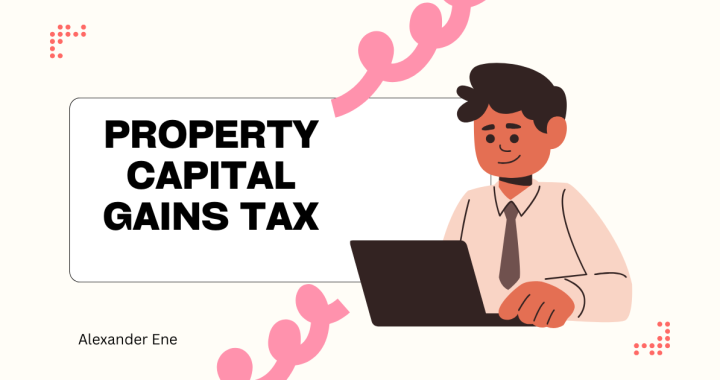
You’ll encounter various types of trade debtors in business: current debtors help maintain cash flow, overdue debtors require persistent follow-ups, high-risk debtors need close monitoring due to financial instability, and strategic debtors consistently provide significant value with on-time payments. Engaging new debtors brings potential while managing risks through clear terms and strong communication. For greater insight into effectively managing these debtor types, there’s more to explore.
Current Trade Debtors
Although businesses engage in various transactions, current trade debtors play an essential role in daily operations. You’ll find that these are customers who owe money for goods or services received but haven’t yet paid.
By managing these accounts efficiently, you maintain steady cash flow, ensuring your company can meet its financial obligations. It’s vital to keep track of these debtors, as they directly impact your business’s liquidity.
Regularly reviewing outstanding invoices helps you identify any potential payment issues early. Stay proactive by sending reminders to encourage prompt payment, ultimately safeguarding your business’s financial health and fostering stronger customer relationships.
Overdue Trade Debtors
When your customers fail to pay their invoices on time, they become overdue trade debtors, which can strain your business’s cash flow and financial stability.
Managing these overdue accounts is vital to guarantee you maintain a healthy financial position. Start by implementing a structured follow-up process, including reminders and calls, to encourage prompt payment.
Offering flexible payment options or installment plans might also help ease their burden and speed up collections.
It’s important to monitor these accounts regularly and set clear credit terms upfront.
This proactive approach helps mitigate risks and keeps your business running smoothly despite temporary payment delays.
High-Risk Trade Debtors
In addition to managing overdue trade debtors, it’s important to identify and address high-risk trade debtors to safeguard your business’s financial health.
High-risk trade debtors often exhibit inconsistent payment patterns or signs of financial instability. You need to monitor these accounts closely and set stricter credit terms.
Consider conducting regular credit checks and requiring advance payments or collateral to mitigate potential losses. Communicate proactively with these debtors to understand their financial situation better.
Strategic Trade Debtors
Identifying strategic trade debtors is vital for enhancing your business’s profitability and growth.
These are clients who consistently deliver high value, timely payments, and significant business opportunities. By focusing on these debtors, you can allocate resources efficiently, fostering stronger relationships and securing future transactions.
It’s essential to analyse their payment patterns and potential for long-term collaboration. Prioritize communication and personalized service to maintain their loyalty.
By nurturing these relationships, you’ll create a reliable revenue stream and reduce financial risks.
Strategic trade debtors not only boost cash flow but also contribute to sustainable business success and competitive advantage.
New Trade Debtors
Welcoming new trade debtors into your business network can be both exciting and challenging. You’re opening doors to fresh opportunities while managing risks.
To guarantee smooth transactions, start by establishing clear credit terms and conditions. Evaluate their creditworthiness by reviewing financial statements and credit reports. Don’t forget to maintain open communication channels to address any concerns promptly.
As you build trust, monitor their payment patterns closely. It’s essential to balance nurturing these new relationships and safeguarding your business interests.
Frequently Asked Questions
How Can Businesses Effectively Manage Their Trade Debtor Portfolio?
To effectively manage your trade debtor portfolio, implement clear credit policies, regularly review accounts, and use credit monitoring tools.
Maintain open communication with debtors, offer flexible payment terms, and take swift action on overdue accounts to minimize risks.
What Impact Do Trade Debtors Have on Cash Flow Management?
Trade debtors directly impact your cash flow management by delaying incoming funds.
When they pay late, you might struggle to cover expenses or seize growth opportunities.
Efficiently managing them guarantees smoother financial operations and sustains business health.
How Does Credit Insurance Affect Trade Debtor Risk?
Credit insurance reduces trade debtor risk by covering potential losses from non-payment.
It lets you manage cash flow with confidence, knowing you’re protected against unexpected defaults, and strengthens your ability to secure financing and negotiate better terms.
What Role Does Technology Play in Tracking Trade Debtors?
Technology lets you track trade debtors efficiently by automating data collection, analyzing payment patterns, and sending reminders.
With digital tools, you can reduce errors, improve accuracy, and make informed decisions to manage debtor relationships and risks effectively.
How Can Businesses Negotiate Better Terms With Trade Debtors?
You can negotiate better terms by clearly communicating your expectations, understanding their needs, and offering incentives.
Build strong relationships and demonstrate your reliability to encourage flexibility.
Always prepare thoroughly and be willing to compromise to reach a beneficial agreement.
Conclusion
In managing trade debtors, it’s crucial to understand the different types. Current trade debtors help maintain healthy cash flow, while overdue ones require prompt attention to mitigate risks. High-risk debtors need careful monitoring to avoid potential losses. Strategic debtors might offer long-term benefits, but balance their advantages with your financial stability. New trade debtors present fresh opportunities, so assess their reliability early on. By knowing these categories, you’ll enhance your financial management and business resilience.



